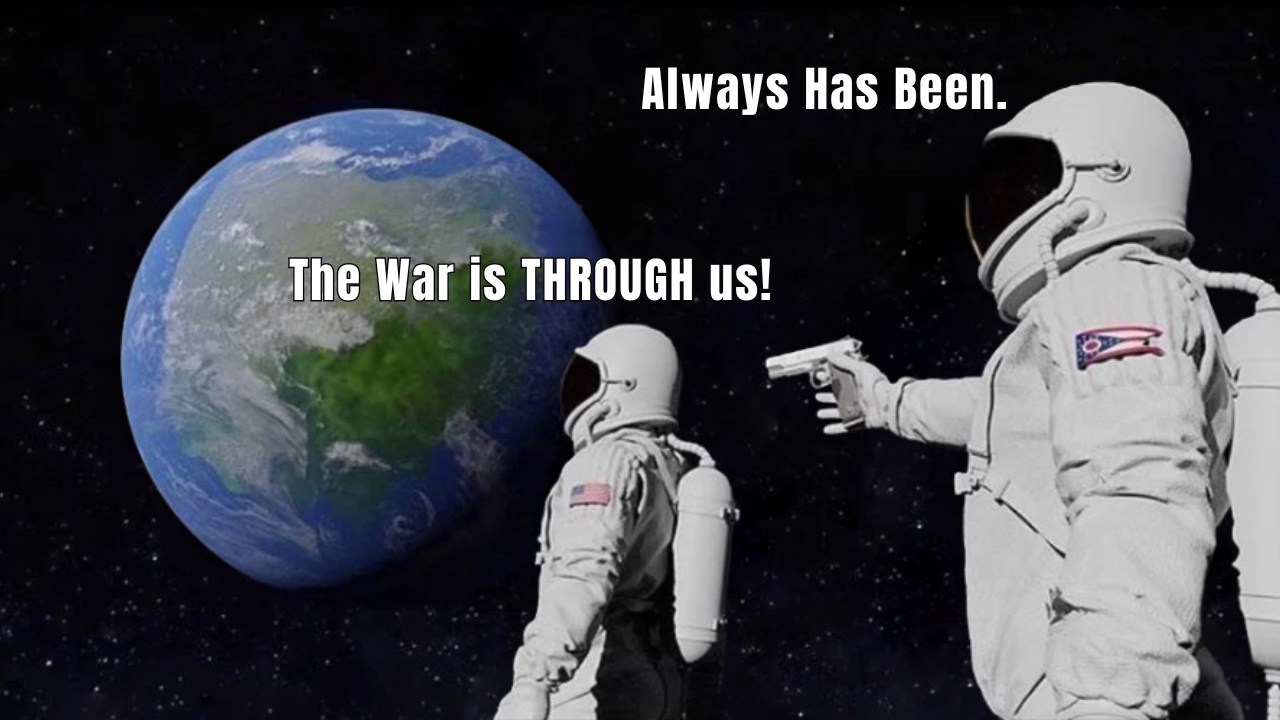Spirituality is a network linking us to the Most High, the Universe, and each other. Spirituality does not come from religion, it comes from our soul. We must stop confusing religion with spirituality. Religion is a set of rules, regulations, and rituals created by humans, which were supposed to help people spiritually. Due to human imperfection religion has become corrupt, political, divisive and a tool from power struggle. Spirituality is not theology or ideology. It is simply a way of life, pure and original as given by Source. THE LAWS OF GOD and those of THE CREATION were given unto you of physical experience to honor total simplicity and gain wondrous fulfillment and joy from our relationships with our brethren, to pass the journey of experience in learning and then make passage into higher levels of understanding and knowledge. We have now bound ourselves by shackles of lies into the endless rotation of the wheel of experience worsening with each experience until we have forgotten all the Truth of LIFE…
Spirituality is a network linking us to the Most High, the Universe, and each other. Spirituality does not come from religion, it comes from our soul. We must stop confusing religion with spirituality. Religion is a set of rules, regulations, and rituals created by humans, which were supposed to help people spiritually. Due to human imperfection religion has become corrupt, political, divisive and a tool from power struggle. Spirituality is not theology or ideology. It is simply a way of life, pure and original as given by Source. THE LAWS OF GOD and those of THE CREATION were given unto you of physical experience to honor total simplicity and gain wondrous fulfillment and joy from our relationships with our brethren, to pass the journey of experience in learning and then make passage into higher levels of understanding and knowledge. We have now bound ourselves by shackles of lies into the endless rotation of the wheel of experience worsening with each experience until we have forgotten all the Truth of LIFE…
















